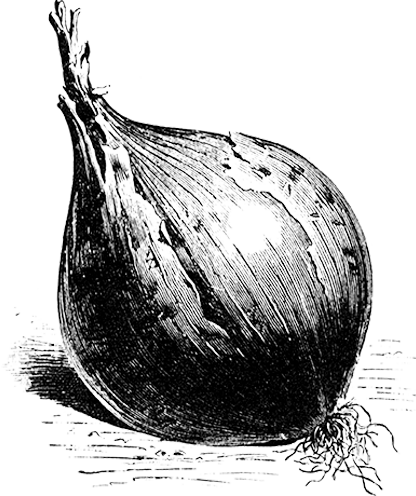Information
The roots are completely white and very uniform about 40 cm long and 5 cm thick with crispy, mild flesh. Minowase can be sown very early in greenhouses for an early summer harvest, but direct sowing should wait until after mid July, because of the risk of blooming. The roots grow quickly and yield a fine, storable crop and fresh radishes for several months. It can take some frost in autumn but must thaw out completely before harvest. A portion contains about 200 seeds.
| Product number: | 5925 |
|---|---|
| Scientific name: | Raphanus raphanistrum subsp. sativus |
| Botanic family: | The Mustard Family - Brassicaceae |
| Organic: | Yes |
| Days to maturity: | 60 |
| Lifespan: | Annual, Biannual |
| F1 Hybrid: | No |
| New variety: | No |
| Sowing time: | July–August |
| Sowing depth: | 1–2 cm |
| Germination time: | 4–7 days |
| Plant spacing: | 15–20 cm |
| Row spacing: | 35–50 cm |
| Height: | 25 cm |
| Plant location: | Sun–Half shade |
| Harvest/blooming: | August–October |
| Seeds/g: | 50–80 seeds |
| Other: | Short-day plant |
| Heirloom variety: | No |
Cultivation advice
Sowing
Sow 1-2 cm deep! Modern slow-to-bloom hybrids should be sown in early spring. The normal seed-consistent standard sorts, like Minowase, should be sown from mid July because of their tendency to bloom under our many hours of light in summer which delights the bees enormously. Roots for storage should be sown in mid July.Spacing
Thin out to 15-20 cm of mutual space and keep 35-50 cm between the rows.Harvest
Begin harvesting as soon as the daikons have reached edible size. Also the tiny roots and leaves from thinning out can be enjoyed. Roots for storage should be harvested in late autumn and treated in the same way as carrots. Daikon can take some frost but must thaw out completely before harvest.Roots which are blooming because of too early sowing are not lost. On the contrary, the seed-pods are thick and plump and very spicily delicious, fresh or cooked
Seed
50-80 seeds/1g, one portion sows several meters, and about 20 g sows 100 m and 500-800 g for 1000 m2.A portion contains about 200 seeds.
